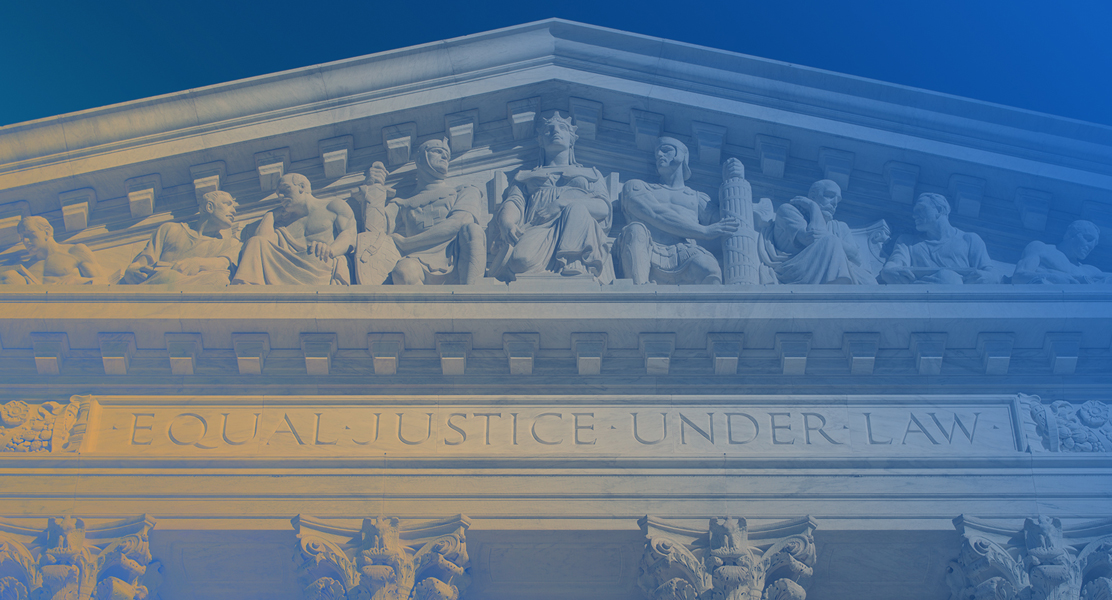SCOTUS rules Philadelphia cannot require Catholic Social Services to certify same-sex couples for foster placement under its contract, majority declines to issue broader ruling

The U.S. Supreme Court issued a unanimous decision in Fulton v. City of Philadelphia, siding with Catholic Social Services (CSS) in their suit over the city’s requirement that as a foster care agency they must certify prospective foster families without discriminating against same-sex couples. The Court agreed with CSS that the city’s requirement violates their religious liberty rights under the First Amendment by forcing them to choose between their long-standing religious mission of providing homes for foster children and violating their religious beliefs regarding marriage by certifying same-sex couples.
A unanimous decision in a case on such a controversial topic as the intersection between religious liberty and LGBT rights was entirely unexpected, but Chief Justice John Roberts, who authored the opinion, focused the Court on a specific fact in this case – namely, language in the city of Philadelphia’s contract that grants the city broad discretion to issue exemptions to the nondiscrimination requirement. The government, the Court reasoned, cannot deny a religious exemption while exemptions for other reasons are available. Here is an excerpt from the opinion:
The creation of a formal mechanism for granting exceptions renders a policy not generally applicable, regardless whether any exceptions have been given, because it “invite[s]” the government to decide which reasons for not complying with the policy are worthy of solicitude—here, at the Commissioner’s “sole discretion.”
…
That leaves the interest of the City in the equal treatment of prospective foster parents and foster children. We do not doubt that this interest is a weighty one, for “[o]ur society has come to the recognition that gay persons and gay couples cannot be treated as social outcasts or as inferior in dignity and worth.” On the facts of this case, however, this interest cannot justify denying CSS an exception for its religious exercise. The creation of a system of exceptions under the contract undermines the City’s contention that its nondiscrimination policies can brook no departures. The City offers no compelling reason why it has a particular interest in denying an exception to CSS while making them available to others.
Some justices agreed with the outcome but would have ruled more broadly. Justice Samuel Alito, joined by Justices Clarence Thomas and Neil Gorsuch, complained about Chief Justice Roberts’ narrow focus on the contractual provision:
[I]f the City wants to get around today’s decision, it can simply eliminate the never-used exemption power. If it does that, then, voilà, today’s decision will vanish—and the parties will be back where they started.
In a statement responding to the decision, BJC Executive Director Amanda Tyler emphasized the limited scope of the ruling:
The Court’s decision does not require religious exemptions in all future cases involving government contracts and nondiscrimination policies. That is a good thing because nondiscrimination provisions often protect religious liberty in government services. It is disappointing that the Court rejected the city’s compelling interest in the equal treatment of prospective foster parents and foster children, particularly in the context of government contracts voluntarily entered into by religious contractors.”
A majority of the Fulton Court also declined to overrule Employment Division v. Smith as CSS requested. That controversial 30-year-old decision held that government action that burdens religious exercise does not have to clear the high standard of strict scrutiny under the First Amendment so long as it is does not target religion and is generally applicable to all. The majority here said that Smith is not relevant in this case because the system of possible exemptions in the city’s contract renders it not generally applicable. Accordingly, they explained, this is not an appropriate case for considering the question of whether Smith was correctly decided. Justice Amy Coney Barrett, in a separate concurrence joined by Justice Brett Kavanaugh and (mostly) by Justice Stephen Breyer, wrote that she questions Smith but warned of the thorny question that will remain if Smith is overruled: What should replace it?
That question will remain for another day.




